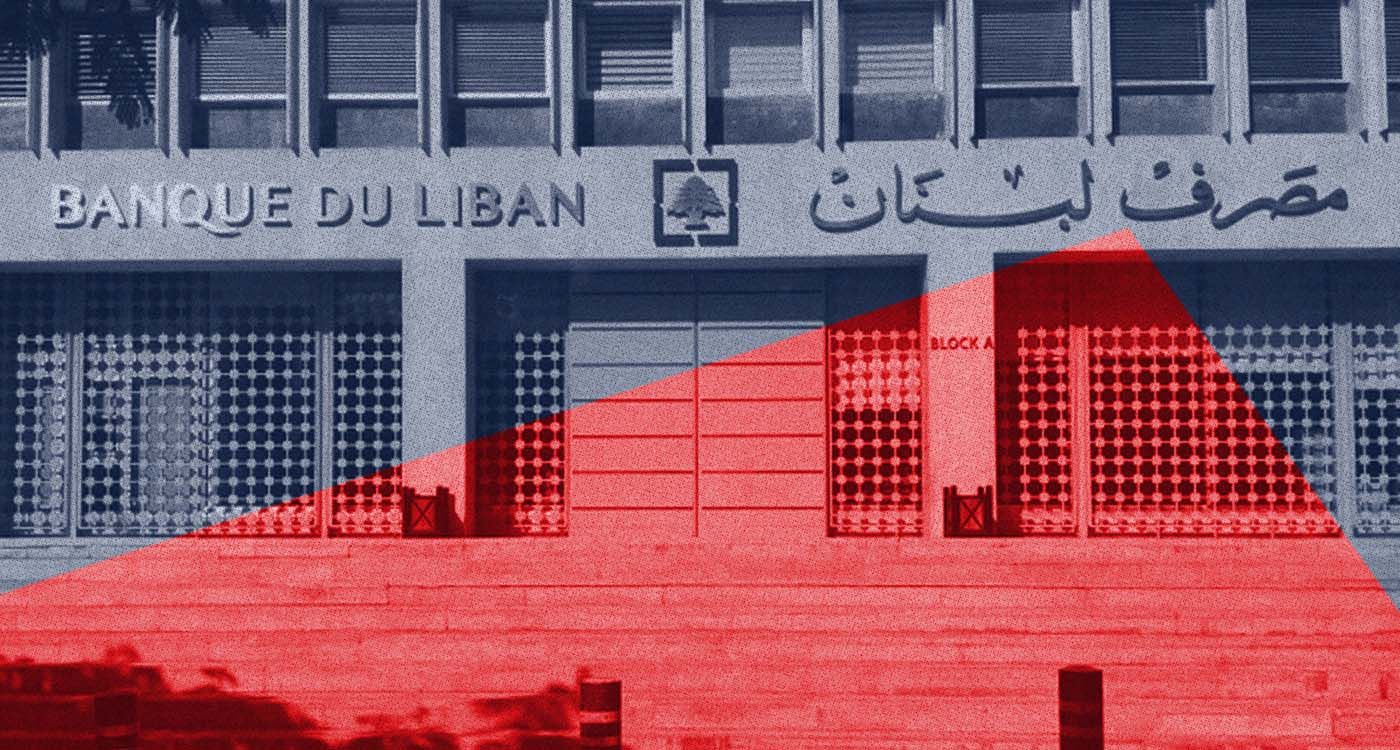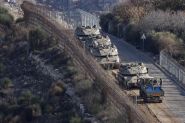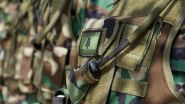
One billion dollars. That is the sum Hezbollah is said to have received from Iran in 2025. An astonishing figure, revealed during the highly political visit of the U.S. Treasury delegation led by Sebastian Gorka, the White House’s counterterrorism director.
How did the militia manage to receive such an amount? Through currency exchange offices, suitcases full of cash, and illicit border crossings. The delegation also called for the outright closure of Hezbollah’s illegal bank, Al-Qard al-Hassan, which operates without a license or oversight and has been identified as one of the main conduits for the group’s funding.
The Americans’ firm demands boiled down to a simple equation. To prevent the pro‑Iranian militia from rearming, its funding must be cut off, and there is only one way to do that: save Lebanese banks.
Without those banks, the cash-based economy flourishes, along with the opacity of money flows. Without a revitalized banking system reconnected to the world, there is no traceability, no oversight, and therefore no prospect of disarmament.
Above all, the warning was clear. Lebanon would have sixty days to show tangible action. The countdown has begun.
At the same time, the U.S. administration wants the May 2026 legislative elections to take place in a country where militias are disarmed and the financial system is sound.
In short, no more alibis, no more excuses. Financial complacency feeds military complacency.
As long as the cash-based economy dominates, Hezbollah thrives. Every dollar circulating outside the banks’ control becomes a drop of fuel in its engine. Meanwhile, certain so-called financial “geniuses” look the other way, preferring to dismantle the banking system rather than reform it. The campaign continues to sink the crown jewel of the country’s economy and execute a hostile takeover of depositors’ money.
Not at all certain that destroying confidence in the financial system actually helps dry up Hezbollah’s revenue. By demonizing the banks, the door has been thrown wide open to those who dream of a country without banks, and therefore without oversight. The Americans understood this perfectly.
But this is the heart of the problem. Without banks, there is no state; without a state, cash rules and militias flourish. Restoring a proper banking system is not a technocratic luxury; it is a national security strategy. Putting money back into official channels reduces the shadowy spaces where illicit trade thrives. It cuts off the invisible source of weapons. It gives the economy structure and restores direction to politics.
Lebanon must choose between returning to a clean, certified financial system or staying in the gray — and soon black — zones where militias can raise funds more easily than businesses.
At its core, the calculation is simple: disarmament through finance. It may not be very poetic, but it could be the only realistic method left. And let’s be clear: even if the command sits in Tehran, the operations are fueled in Beirut. Shut down those financial channels, and its power will start to crumble.
Meanwhile, true to form, the secretary-general of the pro-Iranian militia remains detached from reality. For the umpteenth time, in yet another speech this Tuesday, he reiterated that his organization refuses to disarm. The truth is, as long as the Iranian regime remains in place, nothing can be achieved in this poor country, held back by utterly absurd ideologies.
Cicero once said that money is the lifeblood of war.
There you have it, nothing new under the sun.




Comments